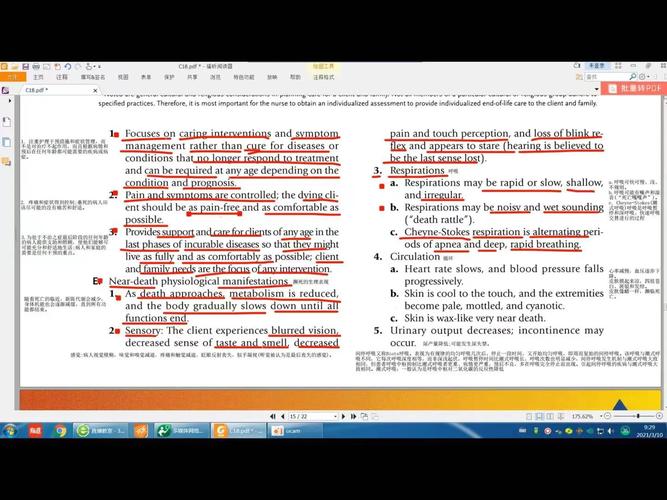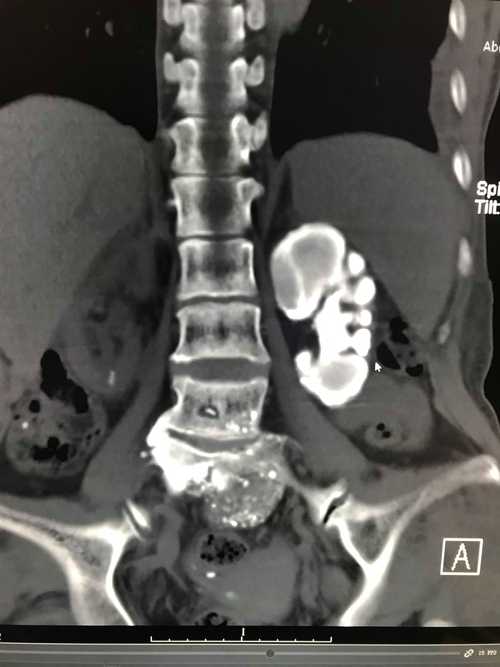
Understanding Nephrectomy Post-Op Care
Nephrectomy, the surgical removal of a kidney, is a significant procedure that can be life-saving in certain medical conditions. Whether it’s due to kidney cancer, polycystic kidney disease, or other renal issues, post-operative care is crucial for a smooth recovery. In this article, we will delve into the various aspects of nephrectomy post-op care, ensuring you are well-informed about the process and what to expect.
Immediate Post-Op Care
After the surgery, you will be taken to the recovery room where medical staff will monitor your vital signs closely. It’s normal to experience pain, nausea, and dizziness during this period. Pain management is essential, and you may be given painkillers to alleviate discomfort. Here’s what you can expect in the immediate post-op phase:

| Time Frame | Activities | Monitoring |
|---|---|---|
| First 24 hours | Rest, pain management, and monitoring of vital signs | Heart rate, blood pressure, oxygen saturation, and temperature |
| Next 48 hours | Gradual increase in activity, pain management, and monitoring of incision site | Incision site swelling, redness, and drainage |
| First week | Resume normal activities, continue pain management, and follow-up with the doctor | Incision site healing, kidney function, and overall recovery |
Long-Term Post-Op Care
Long-term care after nephrectomy is essential to ensure your overall health and well-being. Here are some key aspects to consider:
Follow-Up Appointments
Regular follow-up appointments with your healthcare provider are crucial to monitor your kidney function, incision site healing, and overall recovery. These appointments may include blood tests, imaging studies, and physical examinations.
Lifestyle Changes
After nephrectomy, you may need to make certain lifestyle changes to maintain your health. This may include:
-
Following a balanced diet rich in fruits, vegetables, and whole grains

-
Staying hydrated by drinking plenty of water
-
Engaging in regular physical activity, as recommended by your healthcare provider
-
Avoiding smoking and excessive alcohol consumption
Medication Management
Some patients may require medication to manage pain, prevent infection, or control blood pressure. It’s essential to follow your healthcare provider’s instructions regarding medication use and dosage.
Monitoring for Complications
Be aware of potential complications, such as infection, bleeding, or kidney failure, and seek medical attention if you experience any of the following symptoms:
-
Increased pain or swelling at the incision site
-
Fever, chills, or other signs of infection
-
Shortness of breath, chest pain, or other symptoms of kidney failure
Support and Resources
Recovering from nephrectomy can be challenging, both physically and emotionally. It’s essential to seek support from friends, family, and healthcare professionals. Here are some resources that may help:
-
Support groups for kidney patients
-
Online forums and communities for individuals who have undergone nephrectomy
-
Professional counseling or therapy for emotional support
In conclusion, nephrectomy post-op care is a multifaceted process that requires attention to both immediate and long-term recovery. By understanding the various aspects of post-op care, you can take an active role in your recovery and ensure a smooth transition back to a healthy lifestyle.




